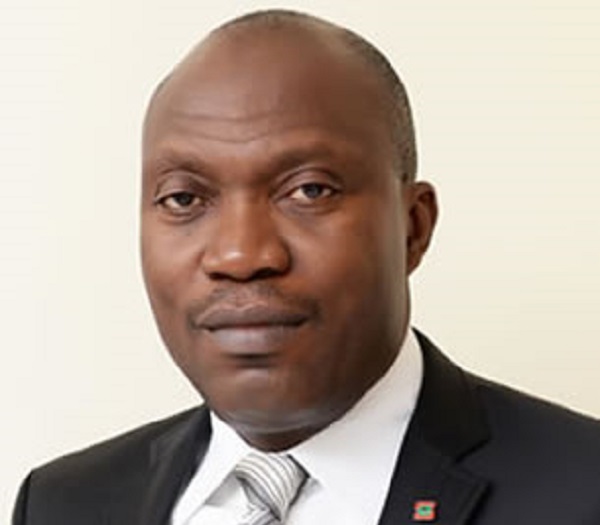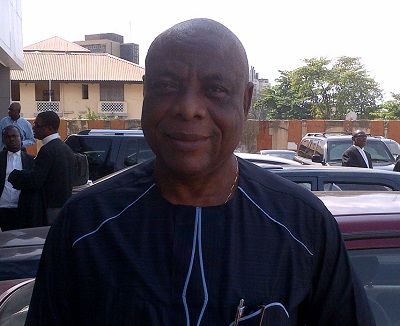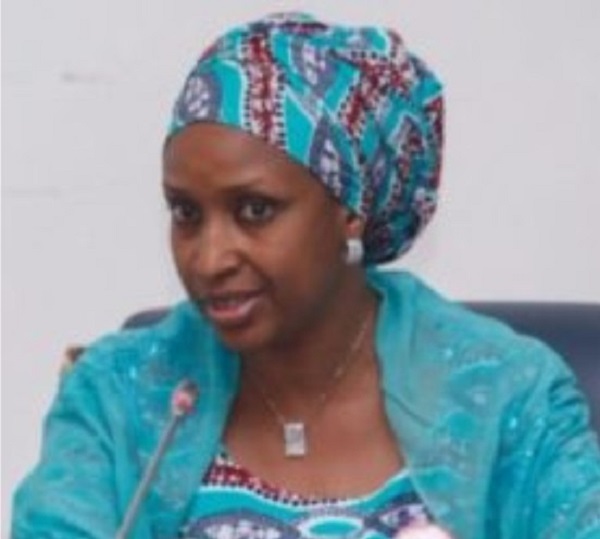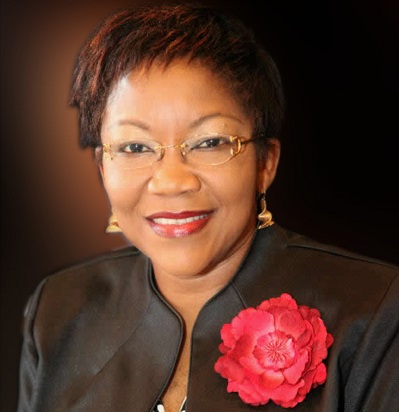Nigerian Ports Crisis: There Are Practical Solutions – Iheanacho
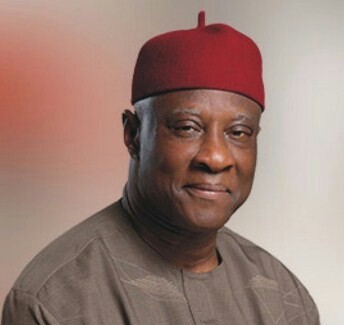
By Kenneth Jukpor
Capt. Emmanuel Iheanacho is the Chairman, Integrated Oil and Gas Limited and former Minister of Interior. He visited the CIoTA press centre yesterday for a parley with journalists on critical transport sector issues in the country. Enjoy it:
How would you reconcile Nigeria’s revenue to the investments in infrastructural development, especially for the transport sector?
Nigeria’s revenue base has been growing but we have continued spending the revenue on imported goods. We have seen the need to improve the size of ports available in Nigeria. Remember that we have to maximize these ports for our need as well as to serve the landlocked countries like Chad. Nigeria should look at the trade needs and develop ports to serve those needs. The demand factor we should focus on is the underlying trade. How do we compare the volume of trade in 1959, 1969 and consistently over the years? If the trade has doubled over this period, then there is need to have ports infrastructure improved proportionally.
You posited earlier that Lagos ports are dead. Obviously there are numerous problems, but what solutions would you proffer?
You can see the problems we are having in Lagos ports. You can see the volume of trucks and tankers lined up along the port corridors. It is obvious that the capacity is inadequate in relation to the demands in terms of the capacity of vessels calling at the ports. Look at the volume of trade and the roads. What improvement have been made on the Lagos port access roads infrastructure linking hinterlands over the years?
On Creek Road in Apapa you would find numerous obsolete buildings that the government could buy, demolish and convert these places into marshalling areas for cargoes. What we advocate is dynamism. We have to consider these options.
How long should it take for a lorry to travel from Ikorodu road into the ports? Some say it takes more than ten days but that isn’t acceptable. The government is trying so hard to correct the situation even deploying the military to clear the roads. However, it takes more than deploying personnel to clear the roads. What is required is expansion and redesign of the ports infrastructure and access roads to the hinterlands.
There has been several discussions on the need to change crude trade terms for carriage of crude oil from Free On Board (FOB) to Cost Insurance and Freight (CIF). Why hasn’t this problem been addressed?
NNPC is managed by Nigerians and there is nothing difficult in arranging a meeting where crucial stakeholders could express themselves. Those Nigerians who know that they have the capacity to provide these services should say it. If NNPC has a contrary opinion, it should also say it. We really should have an opportunity to discuss these issues. It is very important that Nigeria should add value to its trade and the crude oil carriage is the easiest place to start with. Nigeria can also be involved in liner trade but this is more complicated, it demands more resources and the risks are higher.
What practical solutions would you suggest for the transformation of Nigerian ports?
Badagry deep seaport, Ikot-Abasi, Ibaka sea ports and Tomaro inland ports are viable options to decentralize cargoes. We have got to maximize the opportunity of having these ports. Some of them have to be private sector driven while the government should bother about creating enabling environment to encourage private sector investments.
NNPC’s refloated its shipping arm, NIDAS Shipping last year, but this hasn’t led to improved indigenous participation in crude affreightment. What has been the challenge?
You said yourself that the Nigerian National Petroleum Corporation (NNPC) refloated NIDAS Shipping; this means NNPC owns NIDAS. This is contrary to what we are advocating. We are advocating private sector involvement rather than government involvement in processes and businesses that the private operators would do better.
If NIDAS Shipping thrives, it means some of the private sector shipping enterprises that have already established themselves would fall down. This isn’t what we want. Government should provide an enabling environment, encouragement, support and free competition to drive the growth of the industry and the structure of shipping to help the nation’s economy.



